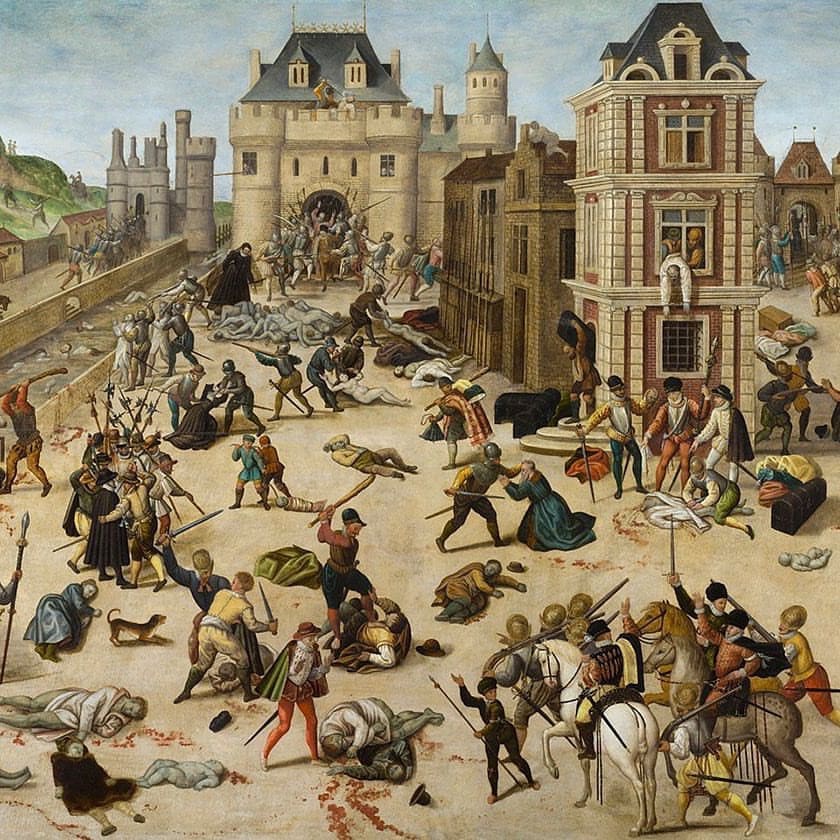
However, on the day of the wedding, the Catholics attacked the Huguenot leaders, and many Huguenots were killed in the assault. This incident led to a large-scale attack on other Huguenots in Paris, and the events continued for days.
Among the causes of the Saint Bartholomew’s Day Massacre in Paris was the fear of Catholics losing power and Huguenots gaining more influence. As Huguenots began to take on more political and economic positions in the country, they became a threat in the eyes of the Catholics. Additionally, the fact that Henry III of Navarre, who was a Huguenot, became king after the death of King Charles III also raised concerns among the Catholics.
The Saint Bartholomew’s Day Massacre in Paris also had significant effects on France’s foreign relations. The events influenced the policies of other countries towards France, such as Spain and England. France’s suppression of its Protestant Huguenot minority drew attention from other European countries, and some took action to aid the Huguenots.
The consequences of the Saint Bartholomew’s Day Massacre were severe. France began taking harsher measures to suppress the Huguenots. The oppression of the Huguenots culminated in the revocation of the Edict of Nantes in 1685 by King Louis XIV. This edict granted Huguenots their freedoms and religous liberties.



















Add Comment